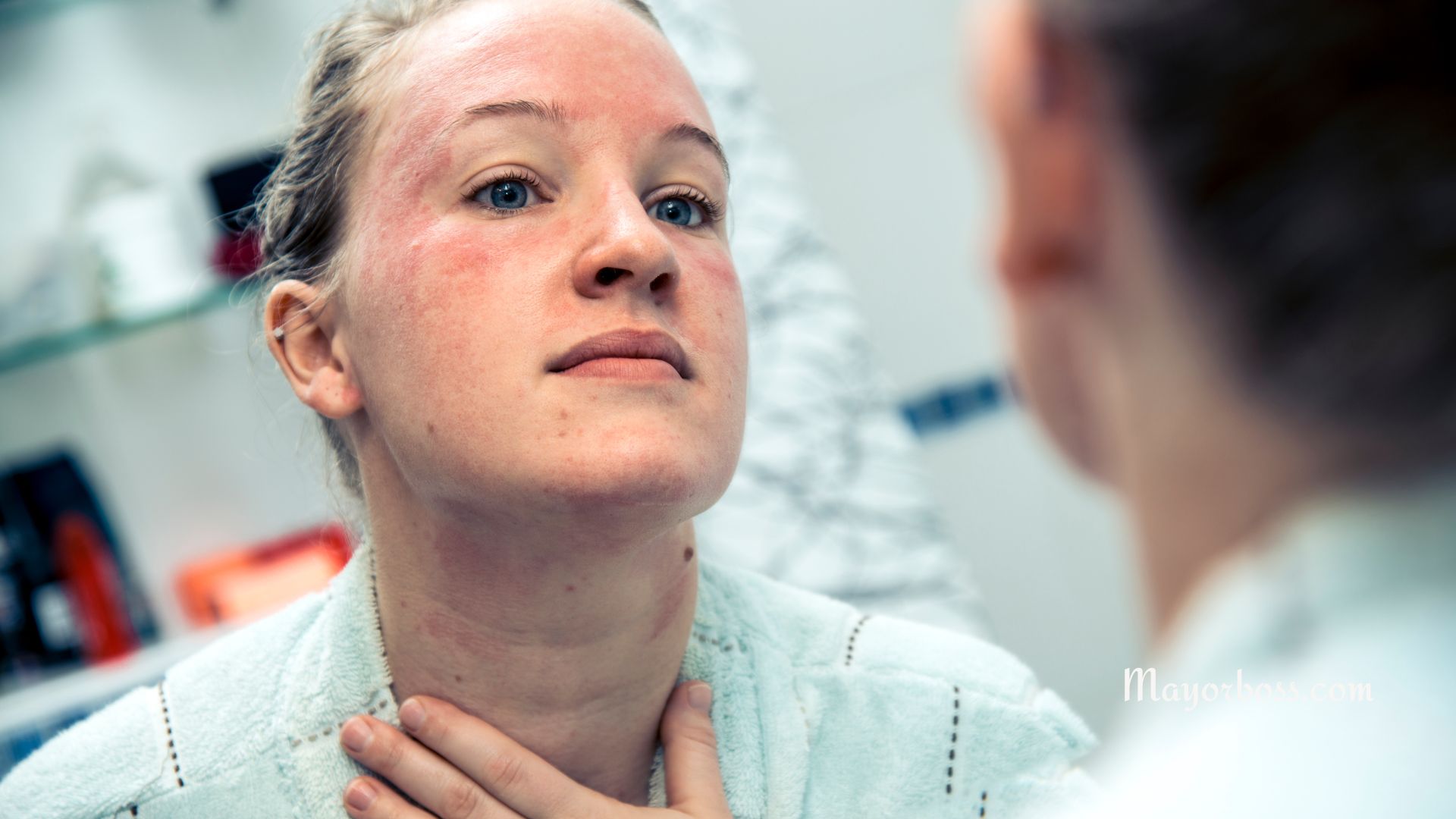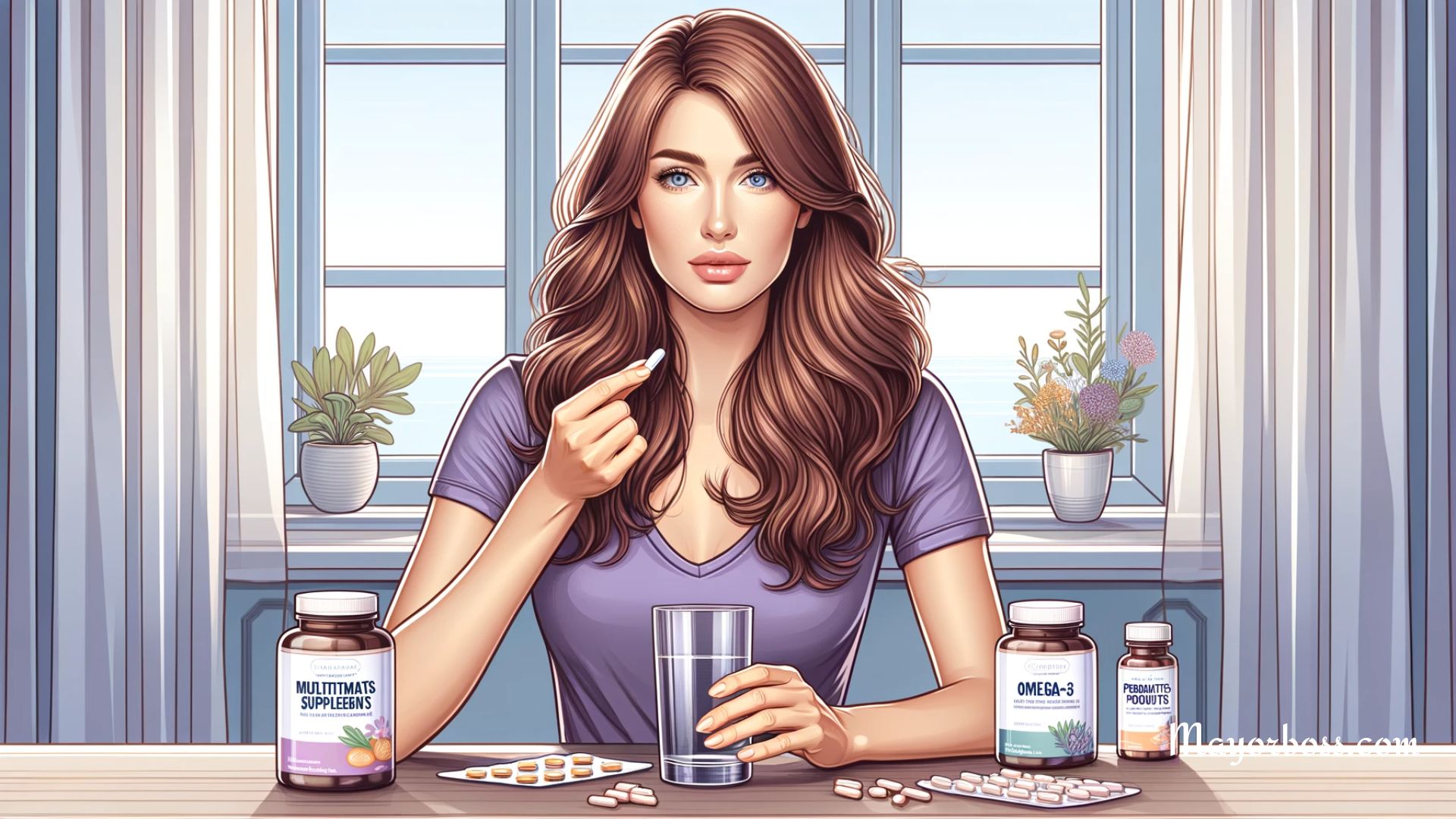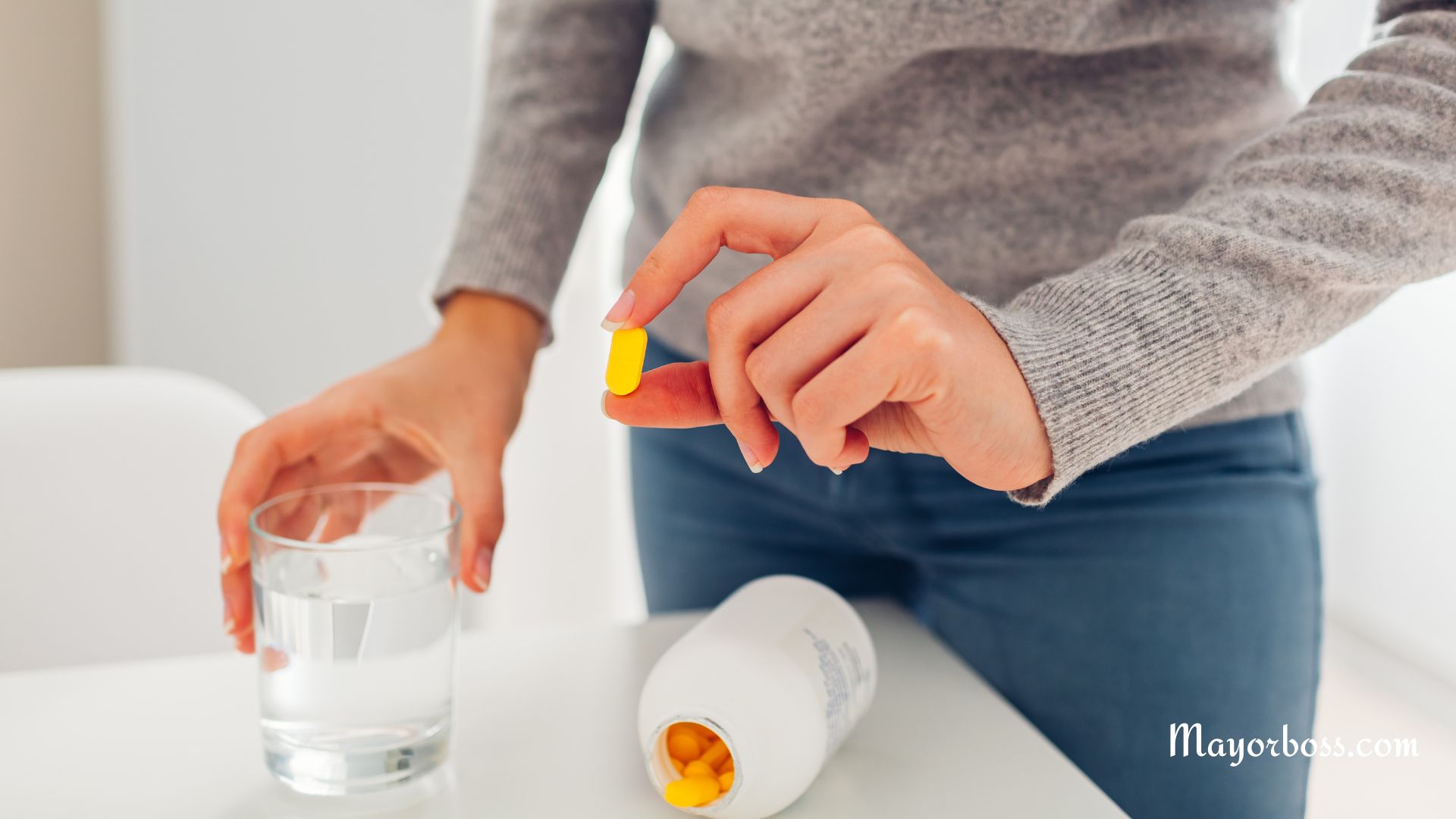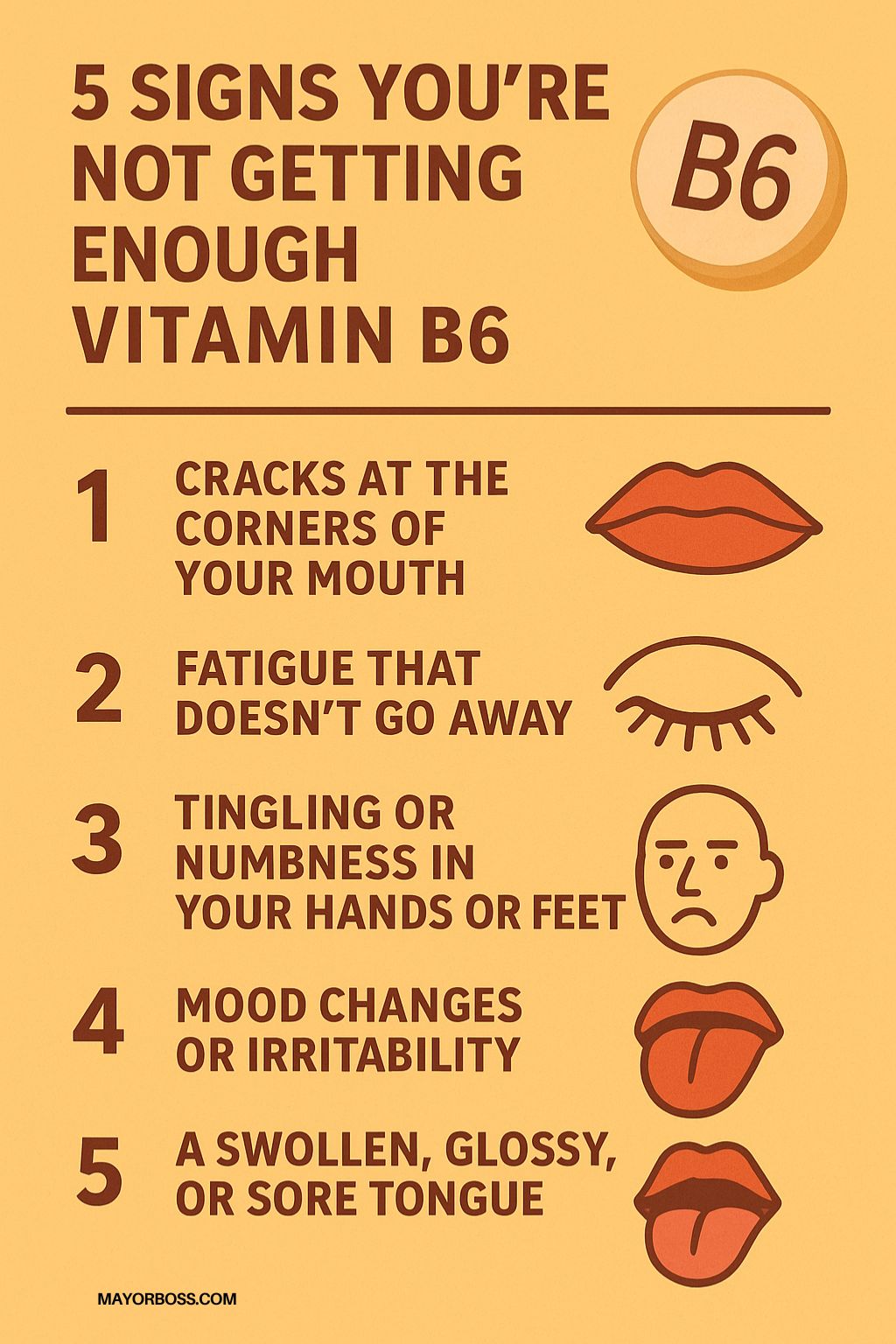5 Signs That You Might Not Be Getting Enough Vitamin A

Vitamin A is an important nutrient that supports your eyes, immune system, and skin health. But what happens if you don’t get enough vitamin A? Here are five signs that you might not be getting enough of this essential nutrient.
If Your Skin Is Dry, You Might Need More Vitamin A
One of the most common signs of not getting enough vitamin A is having dry, flaky skin. Vitamin A helps your skin stay hydrated and repair itself, so without enough of it, your skin may become dry, itchy, and irritated. This is because vitamin A is important for making new skin cells. Without enough vitamin A, your skin can’t stay healthy and may get dry and uncomfortable.
Trouble Seeing at Night Could Be a Sign of Low Vitamin A
If you have a hard time seeing in low light or at night, it might mean you are low on vitamin A. Night blindness is one of the main signs of vitamin A deficiency. This is because vitamin A helps your eyes make a pigment called rhodopsin, which helps you see in dim light. Without enough vitamin A, your eyes might have trouble adjusting to darkness, making it hard for you to see clearly at night.
Getting Sick Often Might Mean Your Immune System Is Weak Because of Low Vitamin A
Vitamin A is very important for a healthy immune system. It helps your body make white blood cells, which fight off germs and infections. If you’ve been getting sick more often, like catching a lot of colds or other infections, you might not be getting enough vitamin A. Studies show that not having enough vitamin A can make it easier for viruses and bacteria to make you sick. Getting enough vitamin A can help keep your immune system strong and ready to protect you.
Cuts and Wounds Taking a Long Time to Heal Might Be a Sign of Low Vitamin A
Another sign of not getting enough vitamin A is if your cuts and wounds take a long time to heal. Vitamin A helps your skin repair itself, so if you don’t have enough, your body might struggle to heal from injuries. Vitamin A helps produce collagen, a protein that helps wounds heal. Without enough vitamin A, even small cuts may take a long time to heal, and you might be more likely to get infections.
Dry Eyes Could Mean You Need More Vitamin A
Dry eyes are not just uncomfortable; they could also be a sign that you need more vitamin A. Vitamin A helps keep your eyes moist and healthy. Without enough vitamin A, your body may not make enough tears, leading to dry, irritated eyes. In serious cases, a lack of vitamin A can lead to a condition called xerophthalmia, which can cause blindness if not treated.
How to Make Sure You Get Enough Vitamin A
If you notice any of these signs, it’s important to talk to your doctor. They can check your vitamin A levels and suggest what you should do. To get more vitamin A, try eating foods rich in this nutrient. Carrots, sweet potatoes, spinach, and dairy products are great sources of vitamin A. If needed, your doctor may also recommend vitamin A supplements, but it’s always best to get vitamins from food when you can.
The Main Point
Knowing the signs of vitamin A deficiency can help you take action before more serious health problems happen. Dry skin, trouble seeing at night, getting sick a lot, slow wound healing, and dry eyes are all signs that you may need more vitamin A. Be sure to eat a variety of foods rich in vitamin A and talk to your doctor if you notice any of these symptoms.






